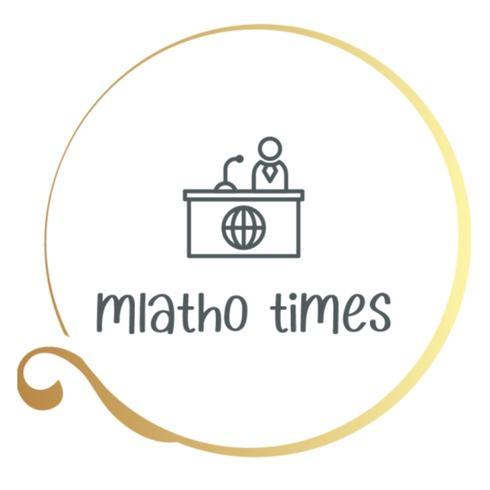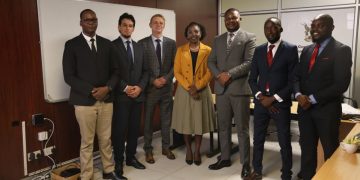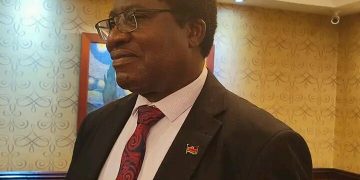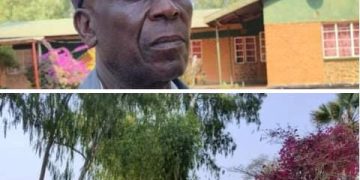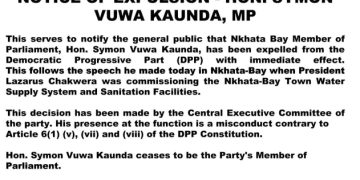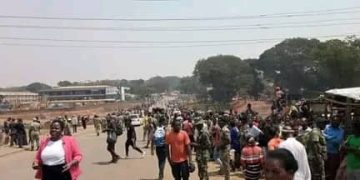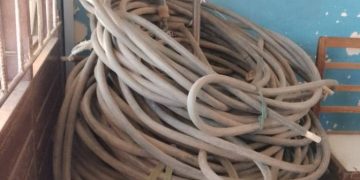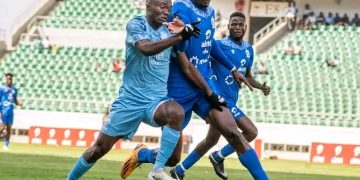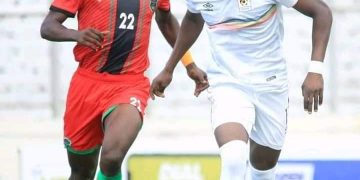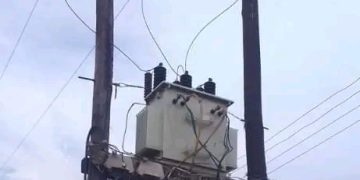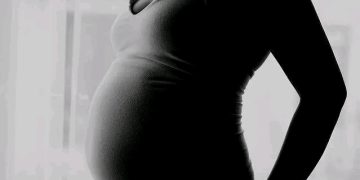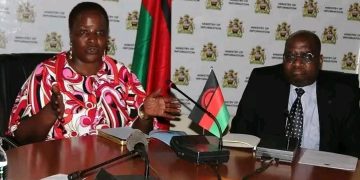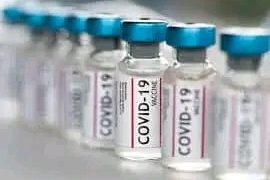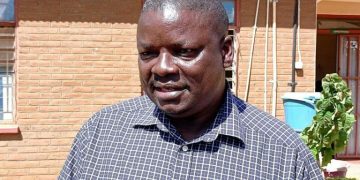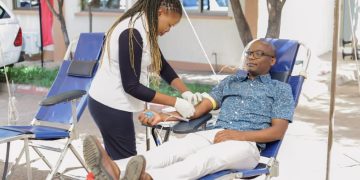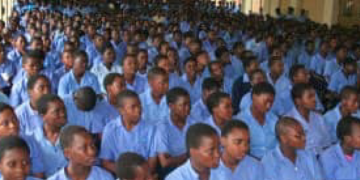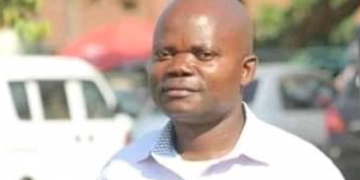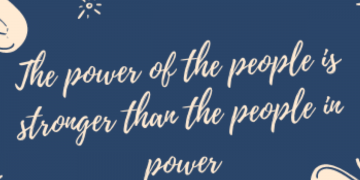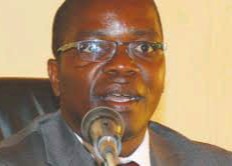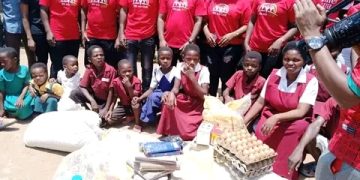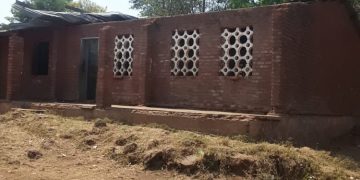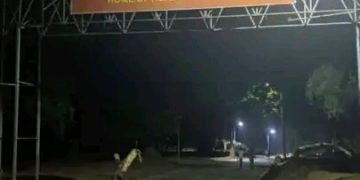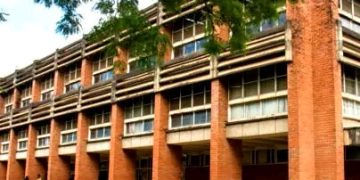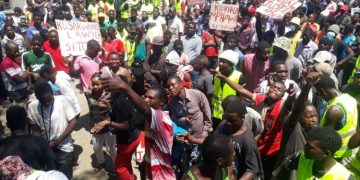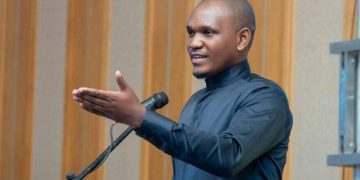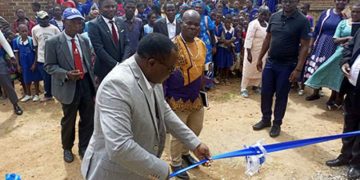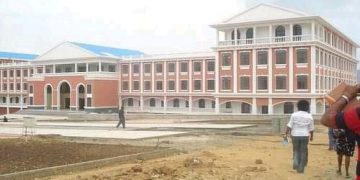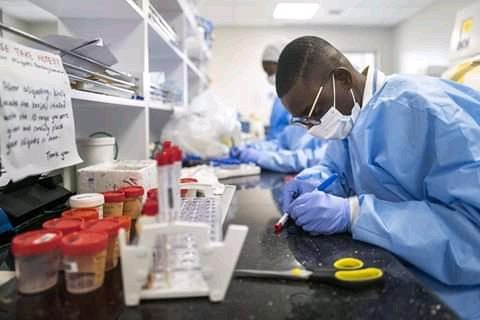World Health organization intensifies efforts to find COVID-19 tailored to Africans.
The World Health Organization and the Africa Centres for Disease Control and Prevention are stepping up efforts to assist in the fight against the
virus.
WHO has launched a network of laboratories to reinforce genome sequencing of the severe acute respiratory syndrome coronavirus 2 (SARS-CoV-2), the virus that causes COVID-19, in Africa.
Twelve specialised and regional reference laboratories in the network will provide sequencing, data analysis and other technical support services to the countries where they are located as well as to neighbouring countries and countries in their sub-regions.
The move is in a bid to find solutions that will help countries manage localised or imported transmission.
“As we continue to tackle the COVID-19 pandemic in Africa, being able to not only track its evolution, but also assess the possible mutation of the virus is crucial to mounting an effective response,” says WHO Regional Director for Africa, Dr Matshidiso Moeti.
“Through this new laboratory network dedicated to genome sequencing we can better develop vaccines and treatment which are tailored to Africans and eventually bring COVID-19 under control.”
Africa CDC says on-going sequencing is already providing crucial information for determining the type of SARS-CoV-2 lineage circulating in some countries. It has shown that most of SARS-CoV-2 genomes circulating in Africa are assigned to the B.1 lineage which emerged from the epidemic in Europe.
In Africa, 10 lineages have been identified and more than 80 000 sequences have been produced globally.
According to researchers, grouping viruses from different countries into the same lineage or sub-lineage has indicated a linkage or importation of
viruses between countries.
Africa CDC, WHO and other partners say they are providing Member States with sequencing equipment, reagents and technical support to accelerate SARS-CoV-2 sequencing in Africa. They say 2 016 sequences from 18 African countries – including Ghana, Kenya, Madagascar and South Africa – have already been generated.
